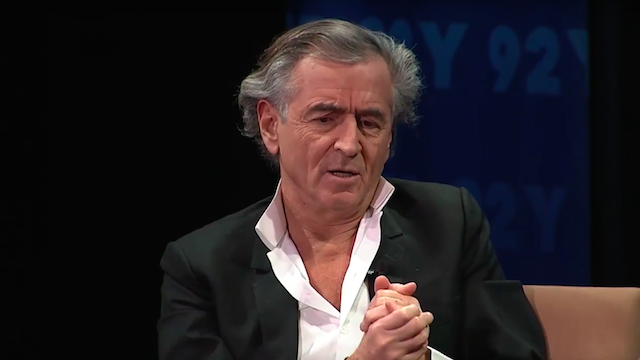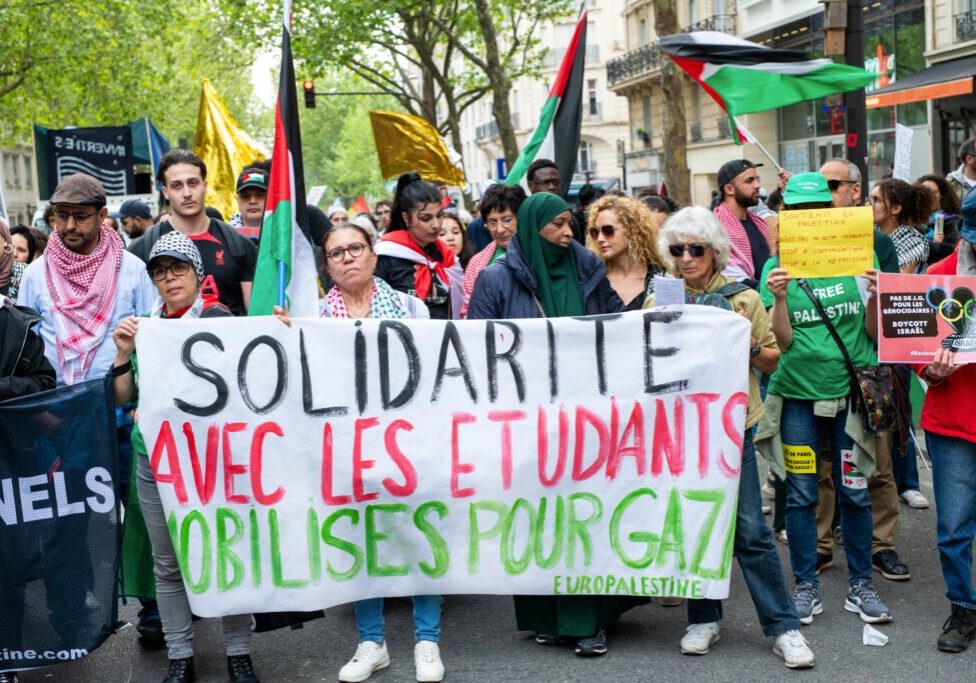Australia/Israel Review
The Last Word: Vienna variations
Mar 2, 2018 | Jeremy Jones

To be in Europe today is to be in a realm of political uncertainty, social change and civilisational challenges.
To be in Central Europe is to be in the midst of revived, re-imagined and reinvented national identities.
To be in Austria is to be in a place where the Freedom Party, a far-right group with a history which raises red flags for all concerned with the health of liberal democracy, is now part of the Government.
To be in Vienna is to be in a place with a complex relationship with its past, an almost narcissistic pride in its present and an intensive cultural and intellectual life.
I was in Vienna to participate in a conference at which a large cohort of invited scholars, activists, experts and analysts had been brought together to discuss the history, development and current manifestations of anti-Jewish contempt, hostility, hatred, discrimination and persecution.
The title of the conference, “An End to Antisemitism!”, was in and of itself a topic of much discussion. French philosopher Bernard-Henri Lévy asserted that the only part of it he agreed with was the exclamation mark, while others even questioned this, proffering a question mark as an alternative.
It was an unusual gathering due to the range of expertise on offer. It was a place where the greatest scholars of early Christianity mixed with the finest minds analysing the media; social anthropologists mixed with imams, bishops and rabbis; where both experts on contemporary Syrian cultural propaganda and medievalists had opportunities to ask European Union officials their opinions on regulation of the internet.
At the opening, messages from Pope Francis and from President Alexander Van der Bellen of Austria were powerful, passionate and unambiguous. The contributions from other dignitaries were poignant and pointed, and the keynote address by Levy was a mixture of depressing observations, insightful thoughts and inspirational conclusions.
The highlight of the evening was an award to Ruta Vanagaite, the Lithuanian writer who has become an accidental international hero for the act of accurately recording the history of her own country during the Nazi era. Her personal story was one of a decent, honest person who used her literary skill to share her family history, and that of others in the Nazi period, with her fellow Lithuanians. The upshot was loss of livelihood, personal security and more – but she emanated courage and commitment from the podium in Vienna’s beautiful Rathaus.
One panel featured Austrian Protestant Bishop Michael Bunker; Imam Hassen Chalgoumi from Drancy, France; Archbishop Pierbattista Pizzaballa from Jerusalem; and Rabbi Abraham Skorka of Argentina – each an outstanding personality deserving a stand-alone session. They canvassed the issue of having full, open and honest discussions about the past, and why the process of self-examination and reflection is necessary if antisemitism is seen, as it should be seen, as a moral problem.
The conference had a heavy concentration on Europe, with the presence of antisemitism in popular culture and identity-formation a theme in many sessions.
On the second morning, the conference held a short extraordinary session to discuss new legislation in Poland.
The law was portrayed as not just a problem for historians and scholars, but also as bringing international odium to Poland. The more Polish officials attempted to advocate the value of the changes, the more they managed to make their own country appear, in many ways, ridiculous rather than meriting respect.
The scholars had sympathy for Poland’s concern that Nazi crimes were being attributed to Poles, but noted how many more articles on, for example, antisemitism in Poland, betrayal by Poles of their neighbours and localised theft, were currently appearing in international media compared to any other short period since the end of World War II.
By acclaim, the conference unanimously agreed to write to the Polish Government calling for the withdrawal of the legislation. This was the bare minimum action which could be taken by a conference which called for an end to antisemitism.
Tags: Europe






